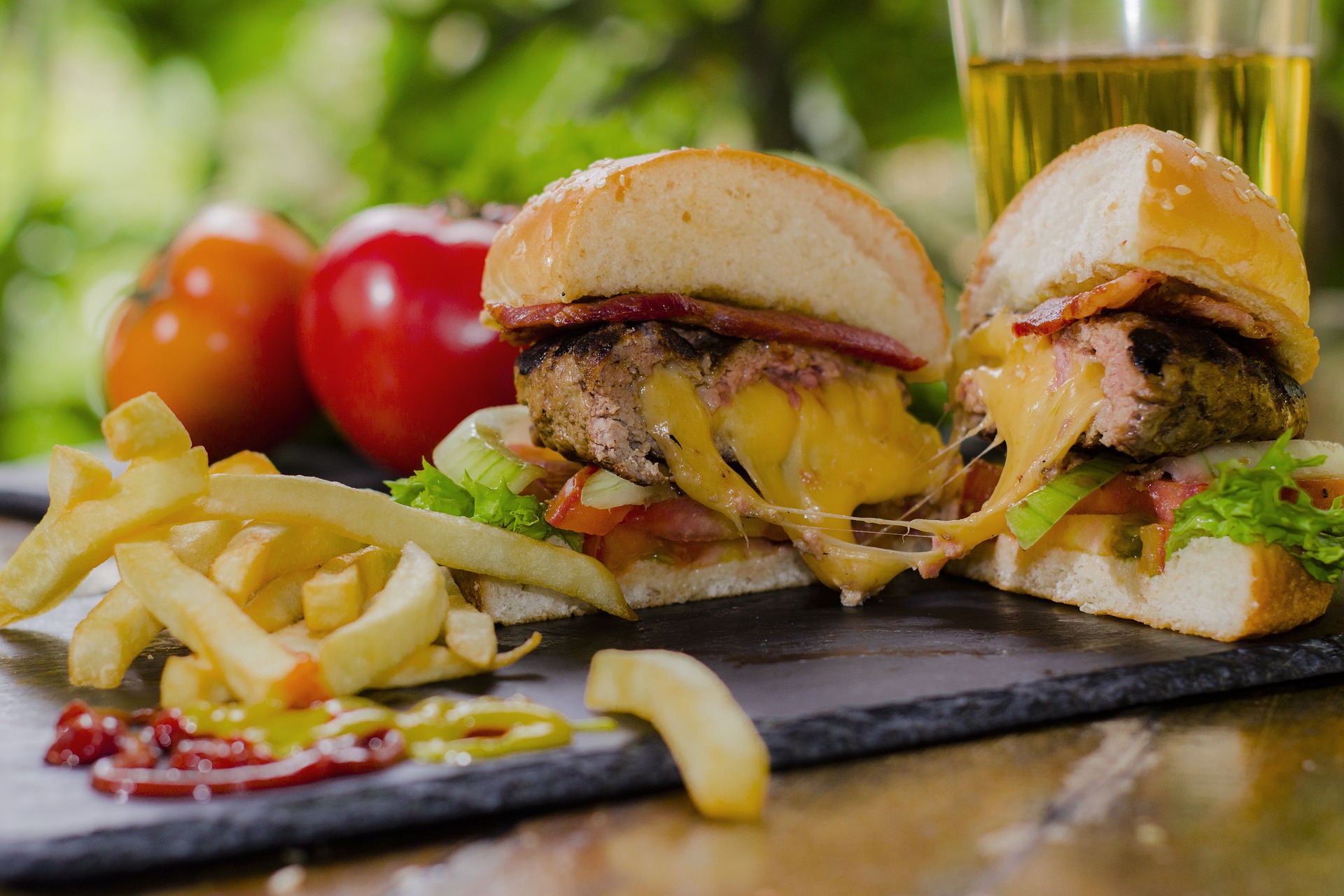KUALA LUMPUR, July 16 — Experts believe it is less risky during the Covid-19 outbreak to eat outside at a restaurant compared to indoors, as long as everyone is six feet apart and waiters wear masks.
A professor of civil and environmental engineering at Virginia Tech, Linsey Marr, said to CNN that larger respiratory droplets only travel three to six feet when people are just talking.
“I think the six feet indoors is not enough by itself,” Marr, who co-wrote a paper on airborne transmission of Covid-19 was quoted saying.
“You have to have good ventilation in that bar or restaurant,” she added. “And since I can’t wear a mask while I’m eating, I’m just avoiding indoor restaurants until this is over.”
If you are eating outside and people walk by your table, Dr William Schaffner from Vanderbilt University School of Medicine thinks it poses little to no danger, as long as those passers-by are masked.
He explained that Covid-19 transmissions usually need a minimum of 15 minutes of face-to-face contact in an enclosed environment.
Erin Bromage, an associate professor of biology at the University of Massachusetts Dartmouth, illustrated the spread of virus-infected droplets with cigarette smoke.
“If you put somebody smoking inside a room, the first puff puts a little bit of smoke out. The second puff puts a little bit more out, and it builds on the first one.”
She reportedly further said “the smoke in that room builds up unless you have good filtration and good air exchange.”
High efficiency particulate air (HEPA) filters in air-conditionings can remove at least 99.97 per cent of bacteria, mold, pollen, dust and other airborne particles of size 0.3 microns and bigger.
SARS-CoV-2, the virus that causes the Covid-19 disease, is believed to be between 0.06 to 1.4 microns large. However, it is unlikely for restaurants to have HEPA filters as they are difficult to run and maintain. Restaurants most likely use other types of filters that may or may not capture those particles.
But Marr would still avoid eating indoors even if HEPA is installed.
“There’s just a lot more opportunity when you’re outdoors for any virus that’s released into air to become rapidly diluted,” she said.








